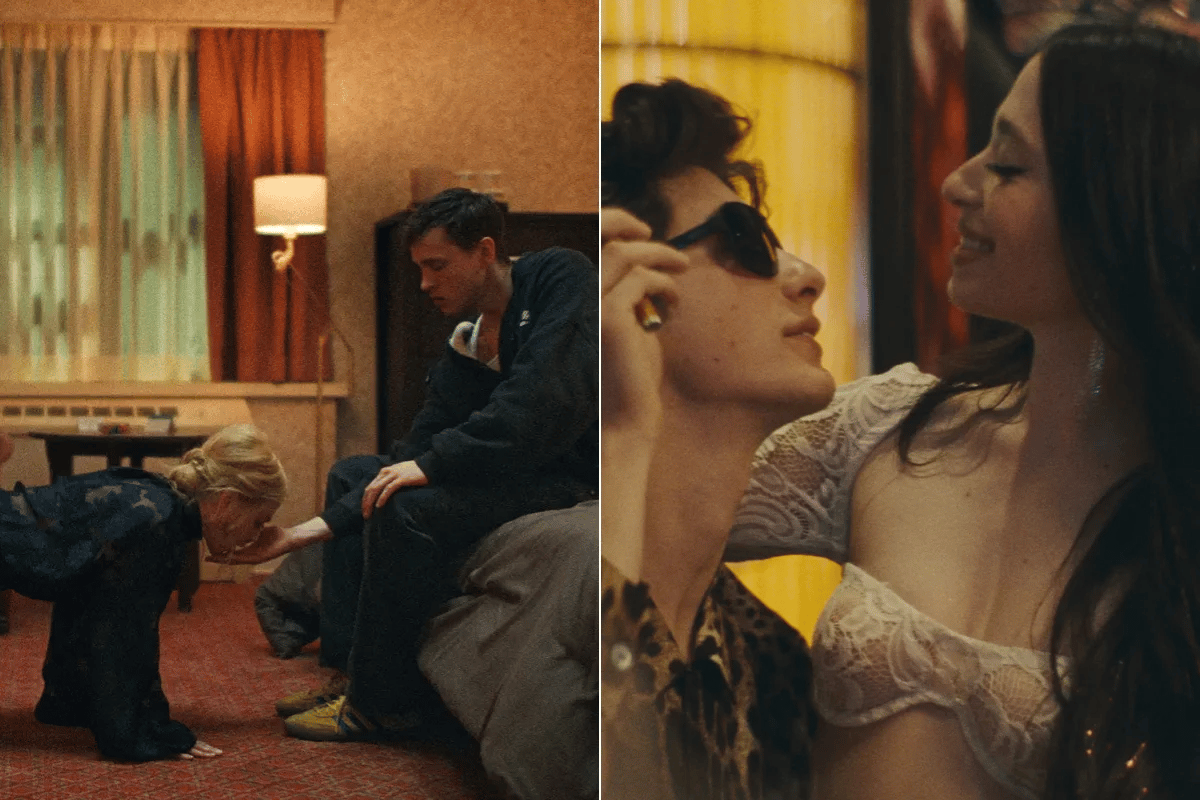
In recent years, there's been a sharp decline in the amount of sex we see in movies. In fact, one report comparing the films of 2023 to films from 2000 found that there had been a 40 per cent decline in erotic scenes.
We've spoken about the rise and fall of erotic thrillers before, and how Nicole Kidman is poised to bring them back with the release of Babygirl later this month. But Babygirl isn't the only film bringing sex back to the silver screen this year. Enter: Anora, Sean Baker's latest film, which follows sex worker Ani (played by Mikey Madison) on a gritty Cinderella-esque journey after she marries the son of a Russian oligarch.
There are parallels to be drawn between Babygirl and Anora: They're both in the awards season conversation. They're both bringing sex back to the big screen. But one parallel they don't share is their behind-the-scenes approach to filming saucy scenes.
Recently, Anora's director and star — Sean Baker and Mikey Madison respectively — raised eyebrows while discussing their choice to forego having an intimacy coordinator on set. Meanwhile, Babygirl's director, Halina Reijn, has been vocal about the benefits of having someone in the role there to faciliate Babygirl's steamiest moments.
So what's the deal with intimacy coordinators, and why has it become such a big deal whether films have one or not? Let's break it down.
Watch the trailer for Babygirl. Article continues below.





























































































